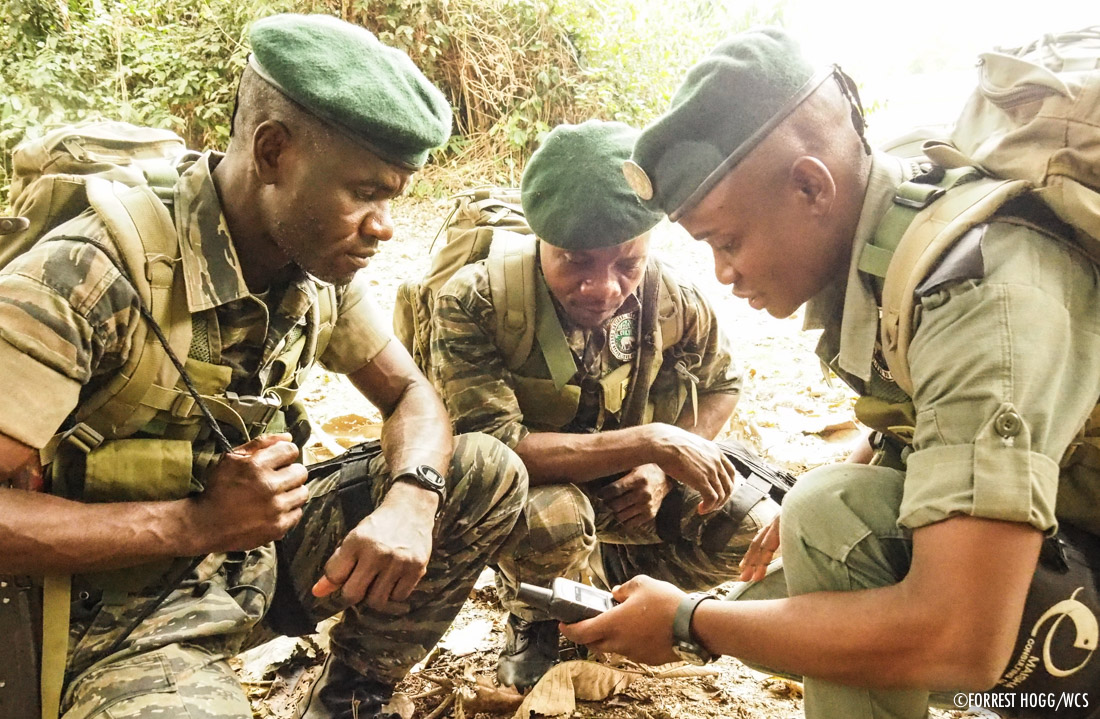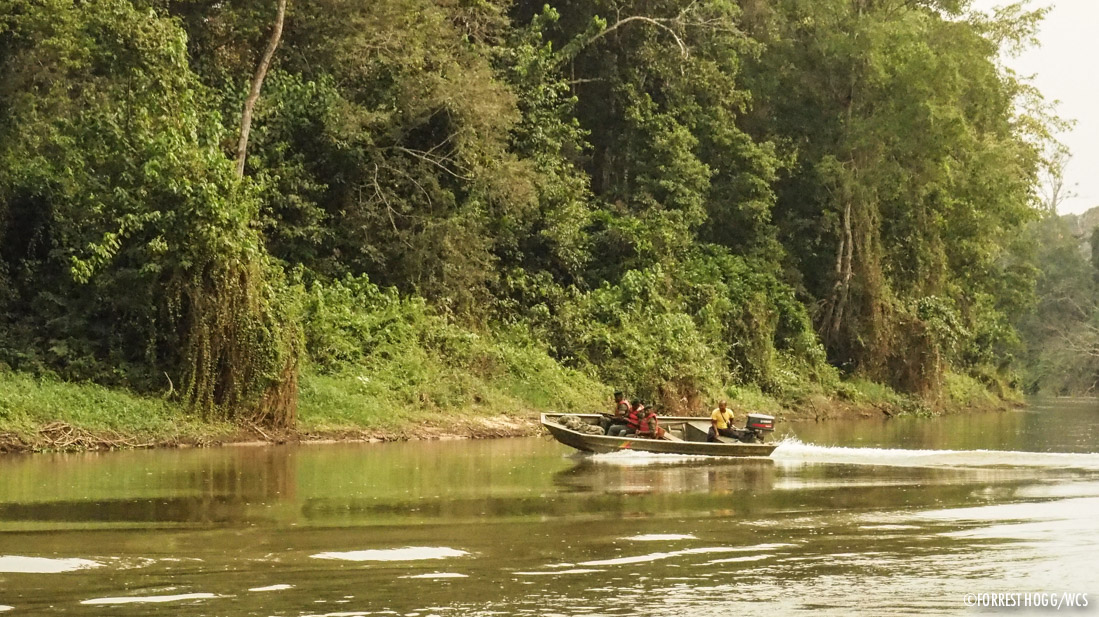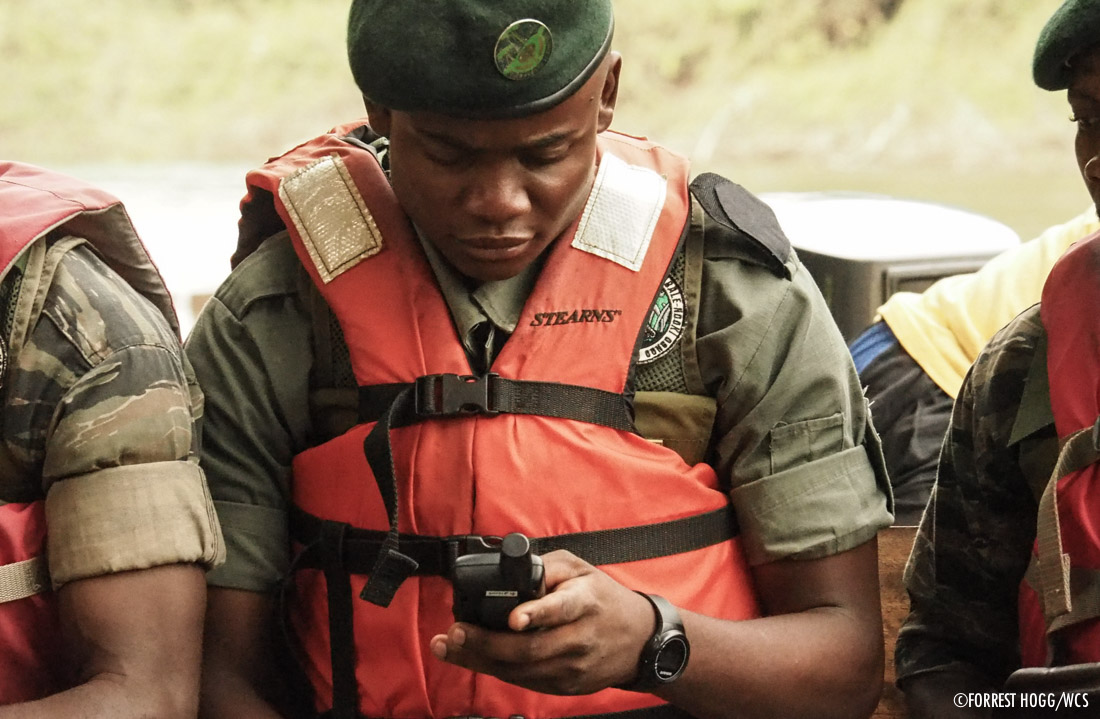
Putting Ecoguards inREACH
Christian and Brel are ecoguards working for the Nouabalé-Ndoki National Park, Northern Congo. Their job is highly varied – from manning strategic check points on logging roads to conducting river patrols in search of illegal wildlife traffickers operating in the areas around the Park.
Every few months they embark on probably the most challenging of their tasks: three-week foot patrols through the heartland of the Ndoki forest. Aside from the long miles and long days, one of the greatest challenges for ecoguards and park managers alike is effective communication. Tricky forest terrain and absent telecom reception requires a mix of both long established methods and novel technologies.
”Aside from the long miles and long days, one of the greatest challenges for ecoguards and park managers alike is effective communication. Tricky forest terrain and absent telecom reception requires a mix of both long established methods and novel technologies.
High frequency (shortwave) radios are bread and butter for the majority of communications between the Park bases and the vast array of advanced forest posts, remote research camps, river sentinels and logging road checkpoints. Higher frequencies (VHF or UHF), which commonly rely on line of sight propagation, are stumped fairly quickly by the towering stands of forest. For ground patrols and mobile units however, technological advances have opened up new possibilities.

Recently, the park received a handful of new iridium satellite-connected ‘DeLorme InReach Explorers’, or in other words, a SMS pager, tracking unit and GPS all rolled into one mobile phone size device. Pre-programmable messages, ‘quick texts’, are also a neat function. These pre-installed texts have targeted recipients already assigned to the message, so patrol and research leaders can rapidly send out information to the right receiver.

But the real power of these devices is their tracking ability and GPS functionality; patrol positions can be followed in real time and coordinates of poaching signs and encounters can be received and responded to immediately. Moreover, as Christian pointed out during a recent training session, the DeLorme could also serve as a great motivational tool. GPS coordinates can be sent to the patrol team from afar in response to emerging intelligence; this adaptability adds a new layer of interest to park teams that, until now, have often moved through the forest incommunicado.
Nouabalé Ndoki National Park, a WCS managed protected area, is hoping to roll out the ‘Inreach Explorer’ across the park and buffering zones, and in doing so, it is hoped that remote teams will be able to operate more effectively and more securely in the most challenging of settings.


Pingback: Dismantling northern Congo’s trafficking networks - WCS Congo blog
Pingback: world elephant day 2016 - WCS Congo blog